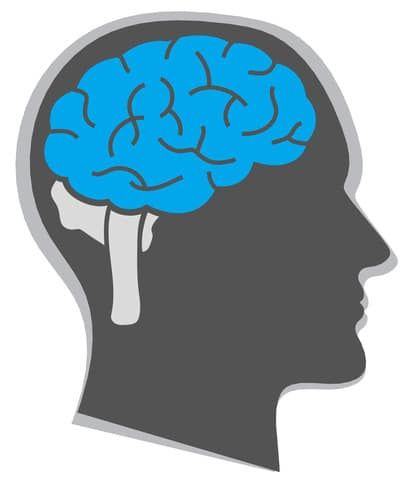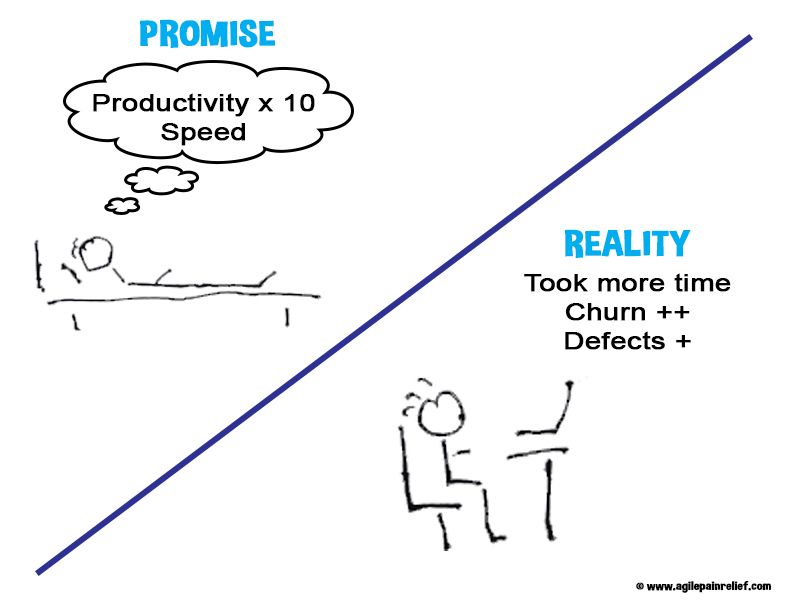Learning Best Approaches for your Brain Slide Deck

As regular readers of this blog will know I’ve given a talk based on readings in Neuroscience, called “Learning Best Approaches for Your Brain” – several times this year (Agile 2009 and Agile Ottawa). After several requests I’m posting the slide deck (pdf) here – but I’m afraid that it will really only be useful to the people who attended the talk. Here’s the promo I’ve been using:
Do you mentor, coach, teach or just help other people? Do you wonder why after your greatest teaching moments people just don’t get it? In recent years neuroscience has started to provide us with a number of insights into what happens when we’re teaching. These insights make it clear that learning is really about building and reinforcing existing neural networks. Instead of providing lots of new ideas out of the blue, we need to understand the learners existing context and work with that. Instead of focusing on mistakes and errors, we need to focus on what good solutions look like.
Top 5 Reasons that traditional approaches to learning and mentoring fail:
- Lead with the Abstract
- Not Grounded in the Listeners experience
- Passive students – i.e. Those just listening and taking notes, aren’t using all of the brain. They retain knowledge but don’t really understand it.
- Rewards don’t work
- High Fructose Corn Syrup
Benefits:
- Students and Mentees will remember
- Learn how to correct mistakes
- Workshop Attendees will stay awake
References:
- The Art of Changing the Brain (Amazon.ca) - James Zull
- Brain Rules (Amazon.ca) - John Medina
- The Brain that Changes Itself (Amazon.ca) - Norman Doidge
- Presentation Zen (Amazon.ca) - Garr Reynolds
I promise that sometime in the next month or so I will publish the paper that Linda and I originally promised (threatened), that will include all of the details missing from slide deck. The only caveat no paper will every be as good or help you learn as much as an interactive, example driven presentation.
Download: Slide Deck (pdf)
Caveat Emptor - if you buy any of the books after clicking on my link I get 4% of the price. In all likelihood that means I might be able to afford a coffee or two.
Images via: https://photodune.net/

Mark Levison
Mark Levison has been helping Scrum teams and organizations with Agile, Scrum and Kanban style approaches since 2001. From certified scrum master training to custom Agile courses, he has helped well over 8,000 individuals, earning him respect and top rated reviews as one of the pioneers within the industry, as well as a raft of certifications from the ScrumAlliance. Mark has been a speaker at various Agile Conferences for more than 20 years, and is a published Scrum author with eBooks as well as articles on InfoQ.com, ScrumAlliance.org and AgileAlliance.org.
